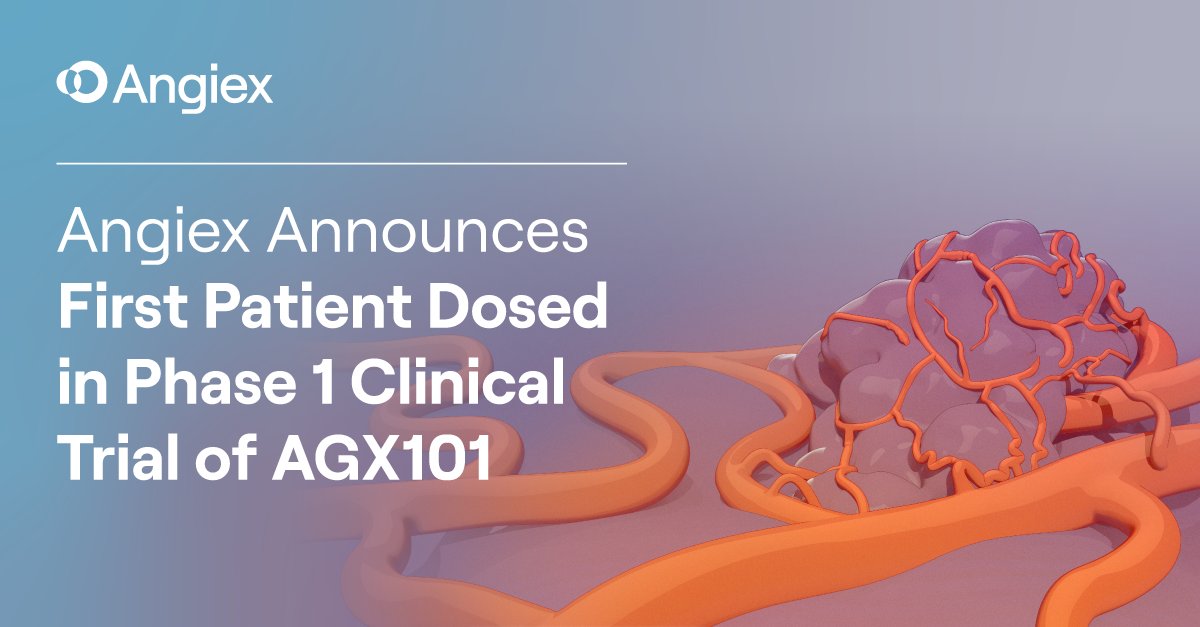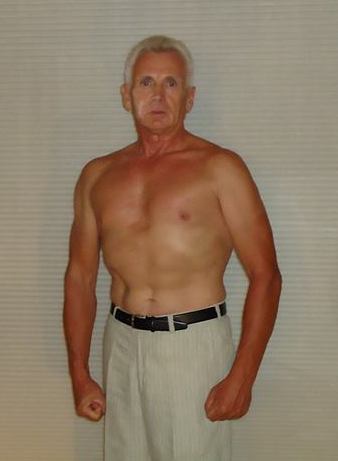I’m pleased to announce that Angiex has dosed the first patient in our Phase 1 clinical trial of AGX101, Angiex’s lead drug.
As some of you know, 9 years ago Shou-Ching and I suspended our blog and health retreat to create Angiex. It’s been a busy and exciting nine years, and I’m looking forward to telling you about the special biology Shou-Ching discovered and the drug we’ve made in the weeks ahead.
But for today, I’m happy to simply savor the accomplishment of finally having the opportunity to test what we’ve made in clinical cancer patients. This is the fruit of 20 years of biology research and 12 years of drug development. Please keep an eye out for upcoming posts, and say a prayer for the success of Angiex and the cancer patients we are treating.
Some links:
- Angex web site: https://angiex.com
- Press release: https://www.globenewswire.com/news-release/2024/08/07/2926298/0/en/Angiex-Announces-First-Patient-Dosed-in-Phase-1-Clinical-Trial-of-AGX101-a-novel-TM4SF1-Directed-Antibody-Drug-Conjugate-for-the-Treatment-of-Solid-Tumors.html
- My LinkedIn: https://www.linkedin.com/posts/pauljaminet_im-very-happy-to-announce-that-angiexs-activity-7227092290014457860-5Of-/
- My Twitter: https://x.com/pauljaminet/status/1821333109587025938













Recent Comments